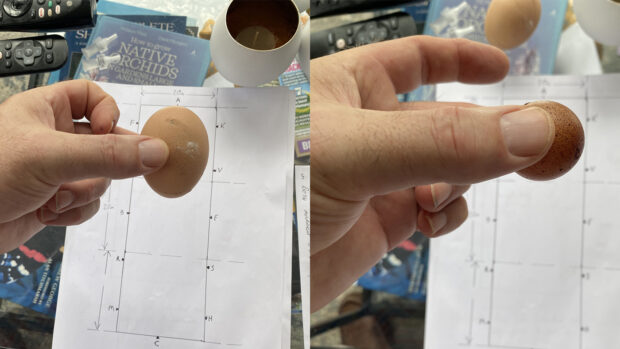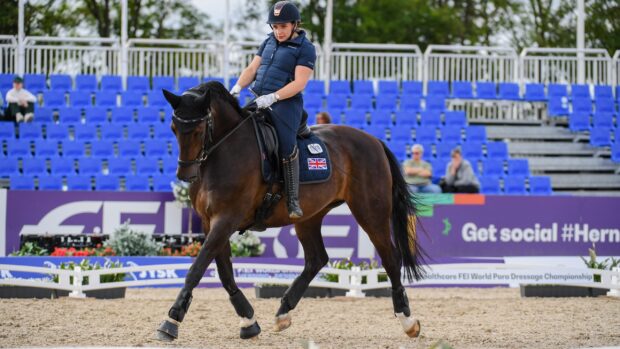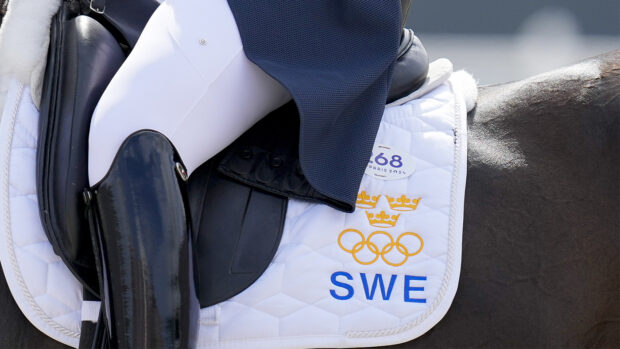Calling all riders
If you have a training problem or suffer from nerves in the arena, top sports psychologist Nikki Heath will answer your question. . . and there’s a chance to win a prize too!
All you need to do is email your question (one only per user please) to Nikki at nikki@puredressage.com and she will email back an answer.
There’s also a chance to win your own copy of Sport Psychology for Success – Dressage on CD or audio cassette. The three most interesting questions sent to Nikki will win a tape and also be published with the answer on this site at a later date.
Sport psychology for Success – Dressage, from leading sports psychologists Dr Steve Bull and Nikki Heath, is designed to benefit the professional and amateur rider alike.
In the second of our three-part series on improving rider performance, leading sports psychologist Nikki Heath looks athow to get the most out of training
Part 2 – The competition
Competition day routines can be divided into six sections:
- the night before a competition
- competition morning
- arrival at the competition
- pre competition warm up
- the competition test
- post competition
Prepare a pre-competition day check-list to help you and build into your checks every level of detail (have you got the correct numnahs clean etc)
- Make sure allyour equipment is checked for wear and tear
- Load rugs for every eventuality
- Prepare feed, hay and water the night before
- Check the lorry starts, tyre pressure, oil and fill up with diesel the day before
- The night before the competition, carry out a mental test rehearsal
- Make use of positive self talk relaxation techniques and get some sleep
- Don’t forget to eat properly
On the day
- If you are leaving early in the morning, have your horse ready as early as possible
- Allow more time for plaiting than your think you need
- Allow enough time, especially if you have youngsters
- Use the time travelling in the lorry positively and remain focused and in the right frame of mind
- Many people experience their worst anxiety during the early preparation stages.
There are two types – mental and physical. Mental anxiety tends to manifest itself as a feeling of inadequacy, worry or distraction (yawning).
Physical anxiety has thebetter known symptoms of butterflies, sweaty palms etc.
- What you are looking for is an optimum state that leaves you feeling psyched up and ready for action but not so buzzy that you can’t perform.
Coping with nerves
Find aplace where you can sit down and won’t be disturbed – breathe deeply – in through the nose and out through the mouth a few times. Focus on relaxed toes. Now stand up and say “I feel ready, I feel good”. Let your shoulders fall away wider and more open, feel your neck stretch up and your chin pull in.
Getting psyched
In contrast, some people actually need psyching up and there are several ways of doing this.
Some people find that listening to certain music on their Walkman getsthem stirred up and inspired. Others thrive on pressure and feel worried if they are not feeling nervous so they want to pump themselves up a it – remember the saying – butterflies are fine if they are flying in formation!
Arrivingat the show
Knowing the optimum time you and your horse need to prepare is critical. Each person will have slightly different requirements at each show.
- Park the lorry and get familiar with the site
- Locate the warm up area and your test arenas
- Watch a few tests and imagine yourself riding your test
- Look at the start lists and note who is in front of you
- Find out if the class is running to time
- Note how long it takes to get from the warm up to the test arena
Warming up
For many riders, the moment they get on their horse, is the moment when nerves vanish.
- If you have not tacked up yourself, carry out a check which will also help you get connected to the horse.
- Walk tothe warm up area and begin your routine – walking, stretching, trotting and transitions.
- Do not allow any negative aspects of the competition to creep in. Remember how hard you have trained and stick to your plan.
- Ride what you feel and not what you think you should be getting
- Keep an eye on time and keep a check on running order and timings
- Complete your final preparations – boots, jacket, tack.
- Keep positive self talk going
The test
This is your moment of glory – make full use of positive self talk.
Once in the ring, keep riding. Remember first impressions do count and that things might go wrong so concentrate on:
- Entrance to halt
- Parking mistakes
- Maintaining continuity and fluency for the whole test
- Put on a show stopping performance – there are NO other riders!
Next week: developing competition confidence
For more advice on preparing for competition and planning for dressage success, listen to Sport Psychology for Success – Dressage, which is produced in audio cassette and CD format. It retails at £19.95, plus £1.45 P&P .
For more information contact (tel: 01872 270993) or visit www.puredressage.com



